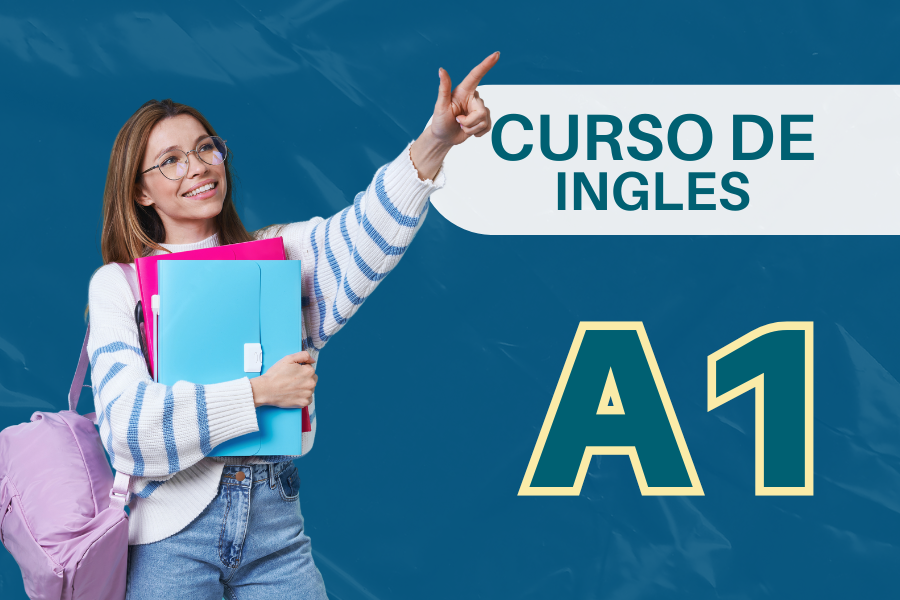
A1
🌍 Curso de Inglés A1 (MCER/CEFR)
📖 Descripción
El Curso de Inglés A1 – Be Free Int representa tu primer paso hacia la comunicación internacional 🌎. Diseñado bajo los lineamientos del Marco Común Europeo de Referencia para las Lenguas (MCER/CEFR), ofrece una formación sólida para quienes inician su aprendizaje.
En este nivel, el estudiante desarrolla competencias básicas para desenvolverse en contextos reales y cotidianos: presentarse, hablar de su familia, describir rutinas o desenvolverse en compras y viajes.
👉 Contenidos académicos:
Gramática básica: oraciones simples, presente simple, pronombres, artículos, plurales, preposiciones comunes.
Vocabulario esencial: saludos, números, familia, profesiones, rutinas, transporte, alimentos.
Habilidades comunicativas: comprensión auditiva de frases simples, producción oral en presentaciones personales, lectura de textos breves y escritura de mensajes básicos.
👉 Metodología:
Enfoque comunicativo y aprendizaje activo desde el primer día.
Clases en video con situaciones reales.
Actividades interactivas que integran juego y práctica.
Ejercicios de pronunciación y escucha guiada.
Evaluaciones progresivas para medir tu avance.
👉 Certificaciones internacionales:
Este curso prepara para exámenes reconocidos a nivel global, tales como:
Cambridge English: Key (KET for Schools – A1)
IELTS (Band < 4.0)
TOEFL Primary Step 1
MET Go! (Michigan)
Con un enfoque multicultural, también aprenderás a reconocer modismos y variaciones del inglés británico 🇬🇧, americano 🇺🇸 y global 🌍, desarrollando una comunicación más auténtica.
What Will I Learn?
- 🗣️ Presentarte y dar información personal con confianza.
- 👨👩👧 Hablar de tu familia, amigos y entorno cercano.
- ⏰ Explicar tus rutinas diarias y actividades básicas.
- 🛍️ Manejar expresiones simples en compras, restaurantes y transporte.
- 🎧 Comprender frases frecuentes en inglés británico y americano.
- ✍️ Escribir mensajes y textos cortos con claridad.
- 🌍 Reconocer aspectos culturales y modismos básicos para sonar natural.
Course Content
Week 1 (Unit 1)
1.1 Grammar: I am, you are. Do I know you?
1.2.1 Countries and Nationalities
1.2.2 Grammar and listening:
1.3 Listening:
1.4 Jobs:
1.5 Speaking:
Week 2 (Unit 2)
Week 3 (Unit 3)
Week 4 (Unit 4)
Week 5 (Unit 5)
Week 6 (Unit 6)
Week 7 (Unit 7)
Week 8 (Unit 8)
Week 9 (Unit 9)
Week 10 (Unit 10)
Week 11 (Unit 11)
Week 12 (Unit 12)
About the instructor
6 Courses
5 students